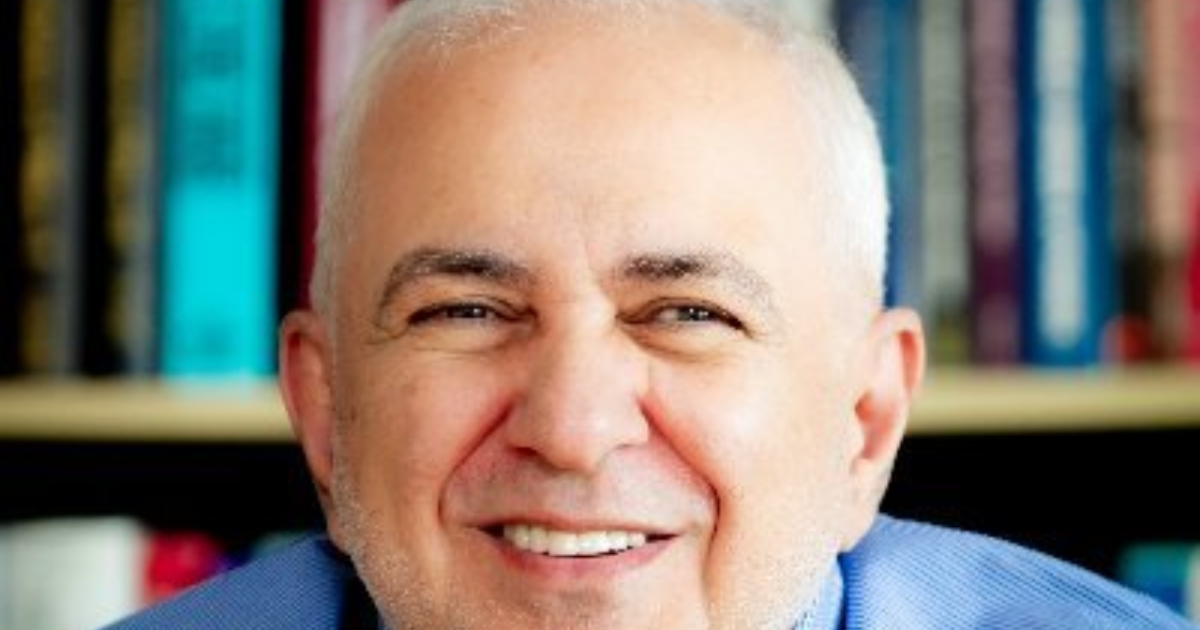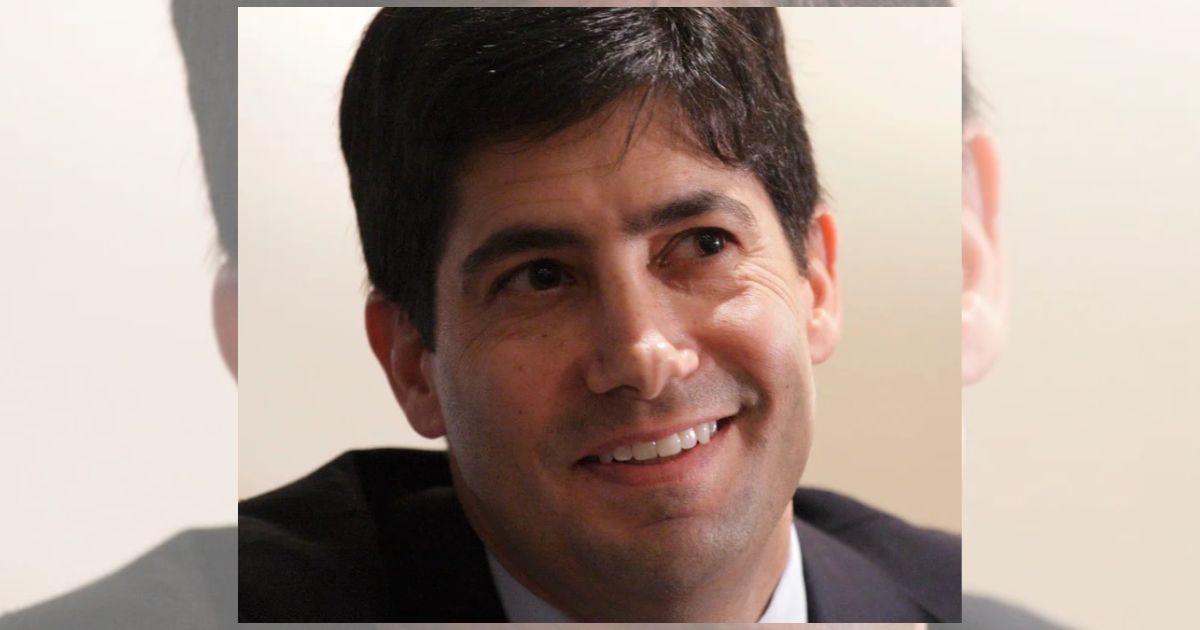Back in June, the US and Israel conducted a meticulous bombing campaign for 12 days to destroy Iran’s nuclear sites. The US later noted that Iran’s nuclear programme has been set back 1-2 years as a result of the strikes.
During a press conference, the chief spokesperson at the defence department, Sean Parnell, repeated President Donald Trump’s claims that some of the most significant nuclear sites in Iran had been completely destroyed.
Since then, Iran has refused to get back to the negotiation table featuring the US. But the Middle Eastern country has been connecting to England, France and Germany – the three European countries (E3) that used to be party to the original 2015 nuclear agreement.
Our Essay in The Guardian
Enough is enough. We must take the future of our region’s security into our own hands
We propose the creation of the Middle East Network for Atomic Research and Advancement, or MENARA, which fittingly means “lighthouse” in Arabic.https://t.co/NLOJRdnUE5— Javad Zarif (@JZarif) July 31, 2025
European countries could reimpose UN sanctions on Iran
Just recently, a former foreign minister of Iran proposed a regional nuclear pact. Javad Zarif is proposing a UN-endorsed forum for civil nuclear cooperation across the Mena region, according to a report published in the Guardian.
The proposal is dedicated to ending the threat of nuclear arms in the region. It also represents the most positive if long-term Iranian proposal to address the current impasse (no substantial progress being seen because of an apparent deadlock) over Iran’s nuclear programme.
It has also been reported that European countries are planning to start a process this month to reimpose UN sanctions on Iran unless it agrees to let UN inspectors from the international atomic energy agency back into Iran. Is it going to be possible, though?
Mena countries could benefit from peaceful nuclear technology
In his proposal, Zarif noted that the Middle East is one of a handful of regions not having a nuclear arms-free agreement. He is proposing MENARA – open to countries that reject the development or deployment of nuclear arms and commit to mutual verification.
In return, MENARA is going to help a lot in enabling participating countries to benefit from peaceful nuclear technology, such as energy production, medicine, scientific research and agricultural. Energy is perhaps the most important aspect.
Nonetheless, Iran’s critics are likely to accuse the former foreign minister of seeking to shift attention from Tehran’s alleged plan to develop nuclear arms or of trying to focus the spotlight on Israel’s undeclared nuclear programme, reported the Guardian.




